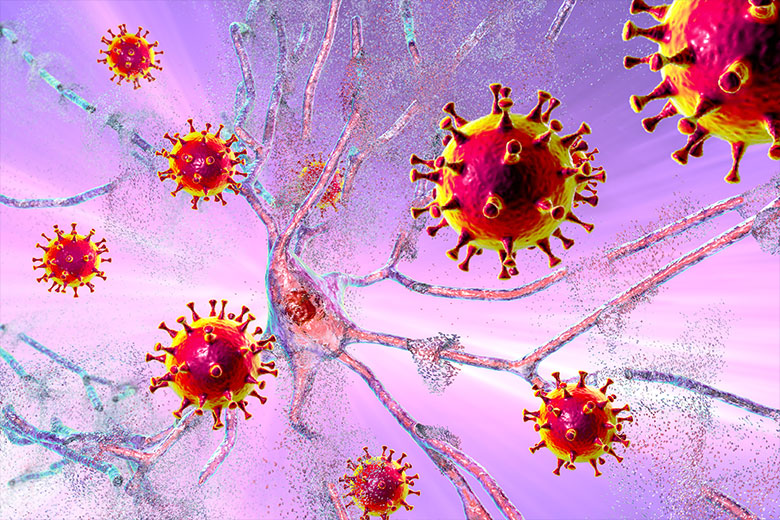When an infection occurs, the immune system is triggered to remove the threat from the body. However, inflammation can become uncontrolled and cause tissue and cell damage if the infection is severe, or the individual’s immunity is compromised.
While there is variation in the immunological molecules at play in different infectious diseases, the immune system and its SPMs are biochemically diverse and numerous, helping to terminate the response after battling infections. During the inflammatory process, it is thought that SPMs help to:
These characteristics make SPMs and their enzymatic pathways ideal clinical targets for the identification of biomarkers of disease progression, and for supplementation and intervention when SPM levels are deficient and inflammation has become excessive.
